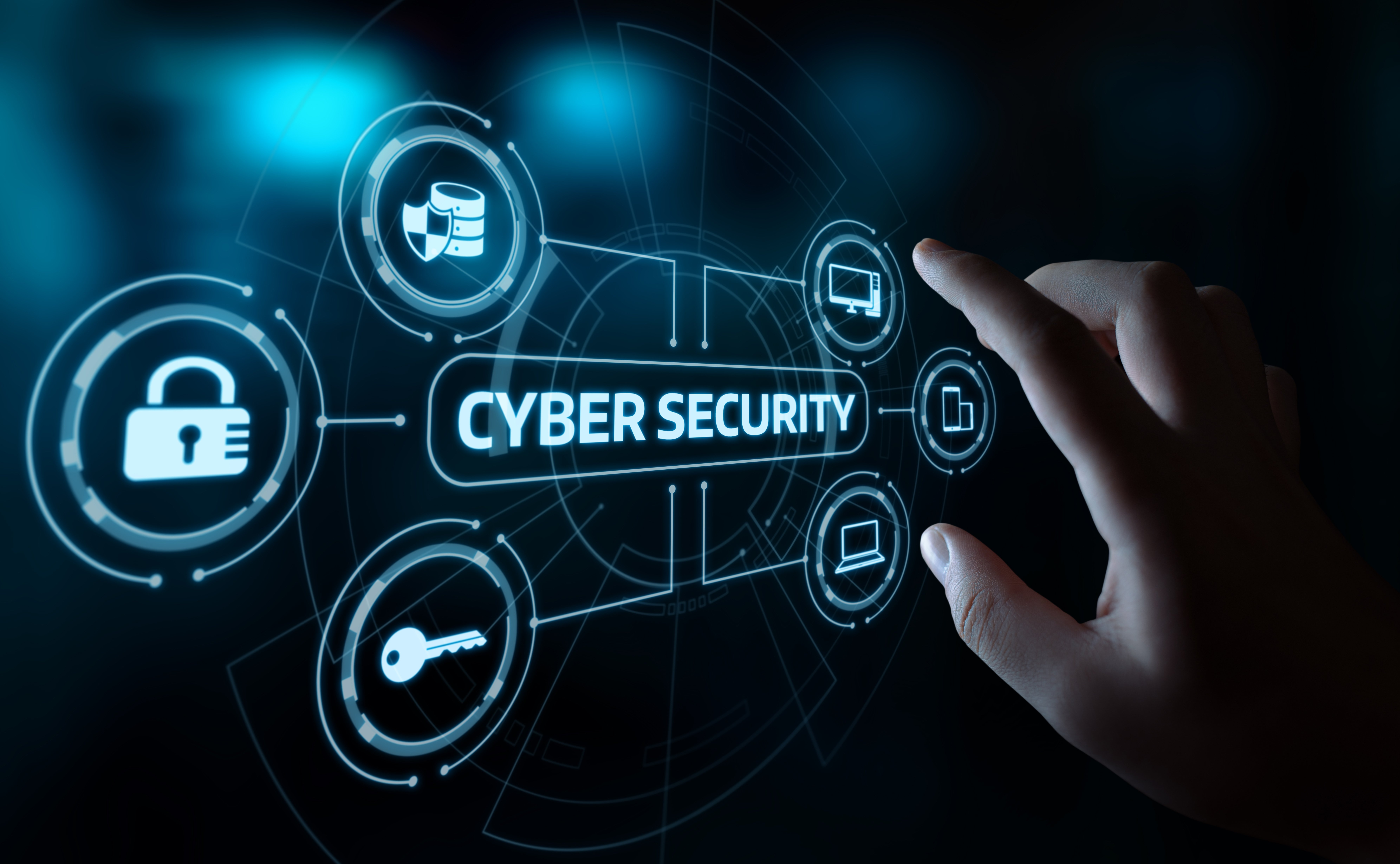In today’s tech-driven world, cybersecurity is extremely important. Protecting personal information and safeguarding against online threats requires the right strategies and awareness. Here are some effective strategies for maintaining cybersecurity in daily life.
![]()
Use Strong Passwords
Passwords are the first line of defense for your online accounts. Follow these tips to create strong passwords:
– Use at least 12 characters.
– Combine uppercase and lowercase letters, numbers, and special characters.
– Avoid common passwords (e.g., 123456, password).
– Use a different password for each account.
Enable Two-Factor Authentication (2FA)
Two-factor authentication adds an extra layer of security to your accounts. When enabled, you will need an additional code or token sent to your mobile phone to log in, which keeps your account secure even if your password is compromised.
Regular Software Updates
Regularly updating software is crucial. Software updates include new security features and bug fixes that protect your device from cyber attacks. Keep your operating system, browser, and other software up to date.
Be Cautious of Suspicious Emails and Links
Avoid phishing attacks by being cautious of suspicious emails and links. Do not click on links or open attachments from unknown sources. If in doubt, contact the organization directly to verify the authenticity.
Use Secure Networks
Ensure network security when using wireless (Wi-Fi) networks. Use a VPN (Virtual Private Network) when using public Wi-Fi, as it encrypts your data and keeps it secure.
Install Antivirus Software
Install reliable antivirus software and perform regular scans. Antivirus software protects your device from viruses, malware, and other harmful programs.
Data Backup
Regularly back up your data. In the event of a ransomware attack, having backup data can help you recover your important files. Use cloud storage and external hard drives for data backup.
Maintaining cybersecurity in daily life requires the right strategies and awareness. By using strong passwords, enabling two-factor authentication, regularly updating software, being cautious of suspicious emails, using secure networks, installing antivirus software, and backing up data, you can ensure your online safety.

Leave a Reply